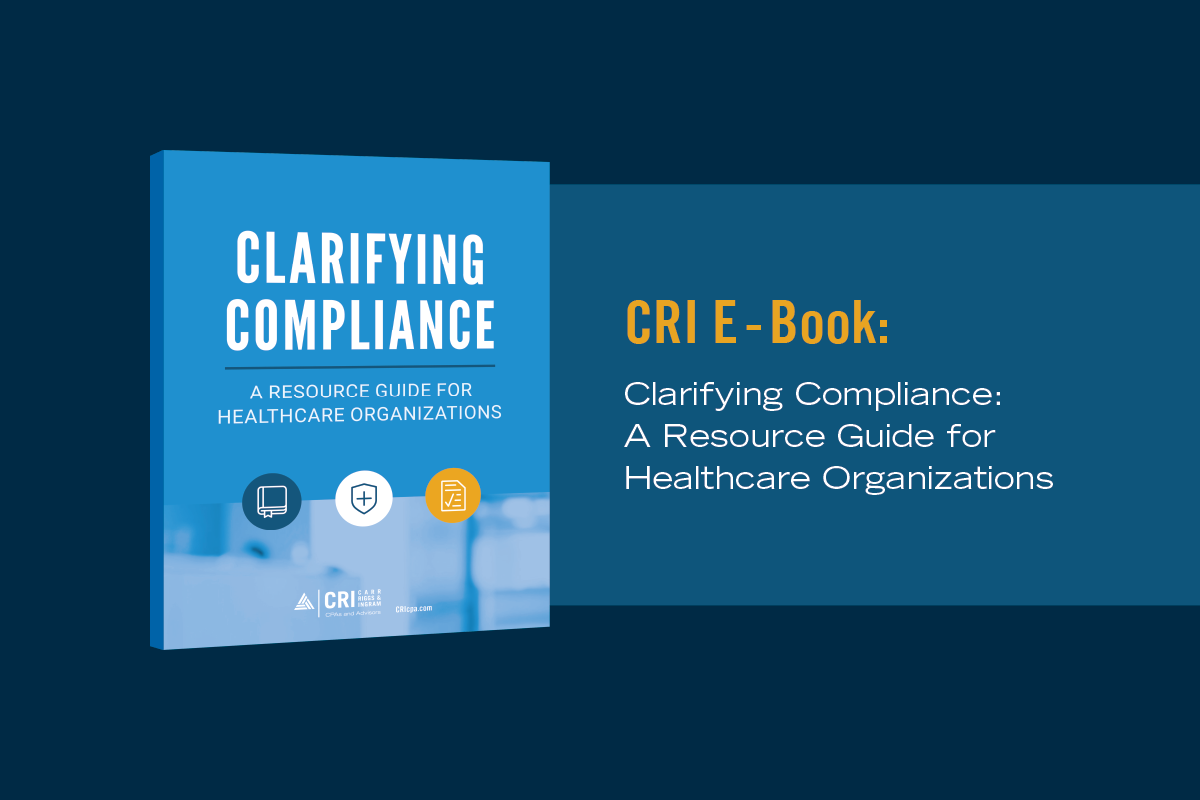Pooled Income Funds Benefit Both Donor and Charity
- Contributor
- Ray Roberts
Feb 5, 2024
If you want to make a meaningful contribution to charity while still receiving a steady income during your lifetime, a pooled income fund presents a compelling option. This innovative approach allows individuals to donate cash, stocks, and other assets into a collective fund alongside other philanthropically-minded donors. The pooled assets are then invested, and donors benefit from regular income distributions based on the fund’s performance for the rest of their lives. Upon the donor’s passing, their portion of the fund is allocated to designated 501(c)(3) charitable organizations, ensuring a lasting legacy of support.
Benefits and Limitations of Pooled Income Funds
Pooled income funds can offer donors tax savings and income stability, but they also have a few limitations. Among the key advantages are:
- Donors can receive an immediate tax deduction when they contribute to a pooled income fund.
- A wide range of assets can be accepted as contributions, including cash, stocks, cryptocurrency, fine art, life insurance, and some privately held stocks.
- Assets contributed to pooled income funds are removed from the donor's estate, shielding them from federal estate taxes and allowing them to avoid probate if the donor's estate happens to enter probate.
- Capital gains taxes do not apply to securities in pooled income funds.
- Donors can name beneficiaries who can also receive income distributions.
- Donors and their beneficiaries receive income distributions regularly (usually monthly), bringing peace of mind, especially to donors who are no longer working.
- The trustee of the pooled income fund assumes responsibility for managing the trust assets, therefore relieving the donor of management duties.
While a pooled income fund offers a unique blend of philanthropy and financial benefits, it's important to consider its limitations and challenges to ensure it aligns with your charitable giving and income goals. Among the limitations are:
- Income distributions are considered taxable income and may be subject to the 3.8% net investment tax.
- Contributions to pooled income funds are irrevocable, meaning the donor can't take back their donation.
- Donors are often unable to choose how their contributions are invested.
- Income distributions vary based on the performance of the assets invested, meaning that a donor can't predict how much they will receive.
- Since their assets are not given to charities until after they have died, donors cannot see how charities benefit from their contributions.
Despite some drawbacks, pooled income funds can be an ideal option for those who want to make a future contribution to charity while still maintaining income during their lifetime. If a pooled income fund sounds like it might be a good fit for your giving plan, contact your CRI advisor today to explore how this option can fit into your overall giving plan. They’re ready to provide tailored advice and help you navigate the nuances of pooled income funds, ensuring your charitable contributions make the most impact while supporting your financial well-being.





















































































































































































































































































































































































































































































































